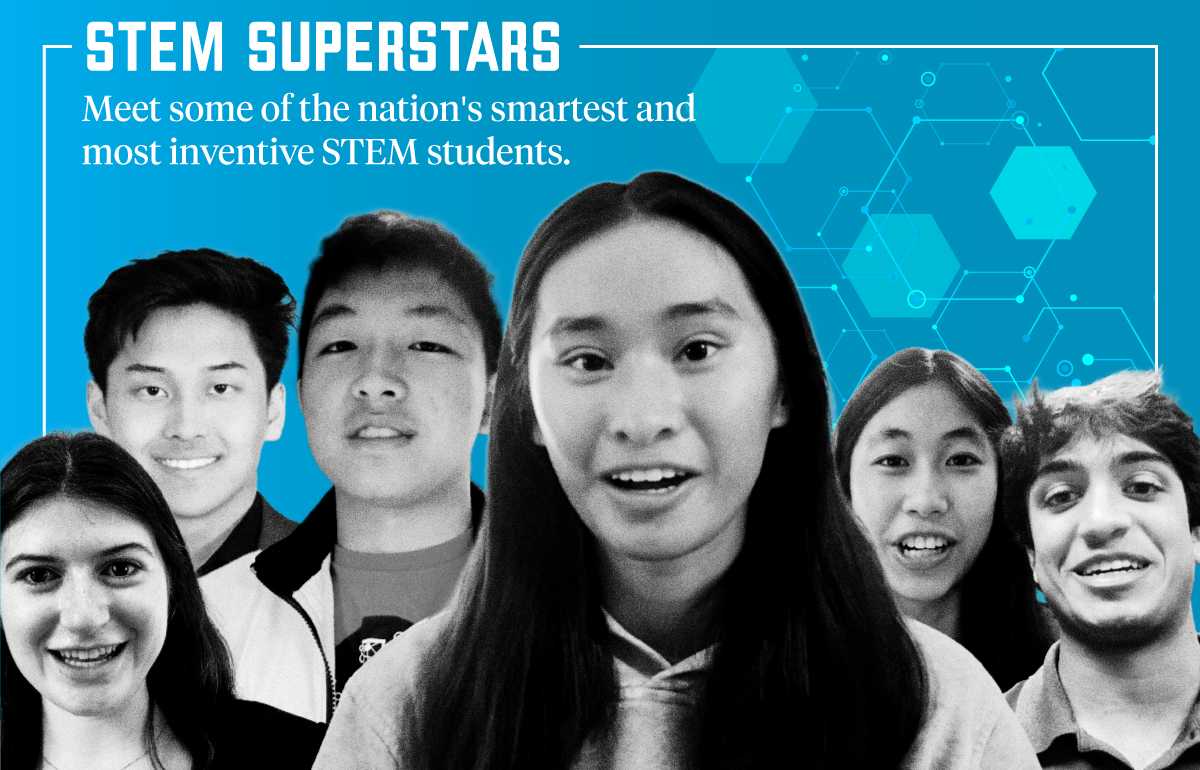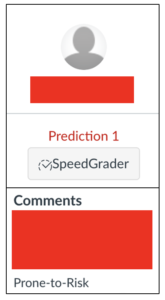AI Support Can Prevent College Students from Failing STEM Classes, Study Shows
Nebraska researchers found that emailed progress updates kept undergraduates on track. Now, they're creating an app.

Get stories like this delivered straight to your inbox. Sign up for The 74 Newsletter
Researchers have found a new way to improve academic scores for college students studying the science, technology, engineering and mathematics field.
A recently published study from the University of Nebraska-Lincoln found that using artificial intelligence interventions boosted student achievement in STEM courses.
Retention rates in undergraduate STEM majors have fallen below 50%, and graduation rates are roughly 20% lower than in non-STEM majors, according to the study. Researcher Mohammad Hasan, who specializes in big data and artificial intelligence at UNL, said he saw this discouraging trend in his own STEM courses at the university, a campus of nearly 24,000 students.
Hasan said he became unsettled by the number of students who asked how to improve poor grades as the semester ended.
At that late date, “there was not much for me to do,” Hasan said. “Then, I was thinking that maybe I can create some kind of artificial intelligence-based support system which would tell you at the beginning of the semester, ‘Hey, you are doing okay, but if you don’t study well, maybe you will end up getting a poor grade’ or ‘You’re doing really great.’ ”
Hasan partnered with Bilal Khan, former UNL researcher and current professor at Lehigh University in Pennsylvania, to train an AI model on homework and test scores and final grades of 537 students in a computer science class between 2015 and 2018.
In fall 2019, they tested the model on 65 undergraduates taking the same course. Thirty-two received automated emails six, nine and 12 weeks into the semester containing the AI model’s projection of their success: good, fair, prone-to-risk or at risk of failing.
The remaining 33 students received one message that said “unable to make a prediction.”
At the end of the semester, nearly 91% of the first group passed the course, versus 73% of the second group.
Of students surveyed who reported actively checking their status from the AI model, 86% said they increased their effort after seeing the forecast.
Hasan said the study’s promising results helped him secure a $600,000 grant from the National Science Foundation to develop a smartphone app called Messages From a Future You. The original AI model still needs some key components to become a well-rounded intervention for STEM students, he said.
“At that time, I was just using students’ grades basically to forecast their future performance. And I realized that maybe it’s not just the grade that I should be looking at, maybe I should look at other aspects of their lives,” Hasan said. “For instance, are they engaged in their study? Are they motivated to study? Do they think that they can do it? Are they well connected to their peers? Are they getting enough help from the lab instructors, the teachers and so on, so forth? So we designed this app.”
Hasan, Khan and Neeta Kantamneni, director of the university’s counseling psychology program, hope the app will be ready this fall.
The AI model will become more sophisticated by gathering information from each student, based on daily questions about their personality, life and classroom experiences.
Hasan said the app will send targeted messages depending on the undergraduates’ background and progress — interventions that will mirror the type of advice provided in face-to-face counseling. The app might encourage students to participate in mindfulness activities, collaborate with peers or seek extra help during office hours.
“The model is more interesting in a sense that it can tell you not just about your future performance, but it would know exactly why you are going to get a poor grade. Is it because you’re losing your engagement, you’re losing your motivation?” Hasan said. “We are looking at ways to understand what is causing poor performance, right? And if we can identify that, what’s the remedy?”
Messages From a Future You is meant to be a friend for STEM students and support them through difficult classes. The app will even have an avatar that looks like the user.
STEM students “start with a lot of enthusiasm,” Hasan said. “But over time, their motivation degrades and their engagement degrades. I think that we can do something about that.”

Get stories like these delivered straight to your inbox. Sign up for The 74 Newsletter

;)

